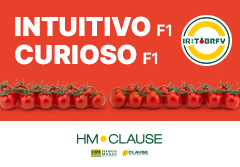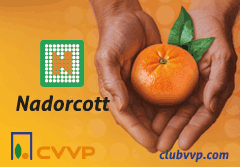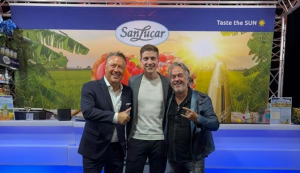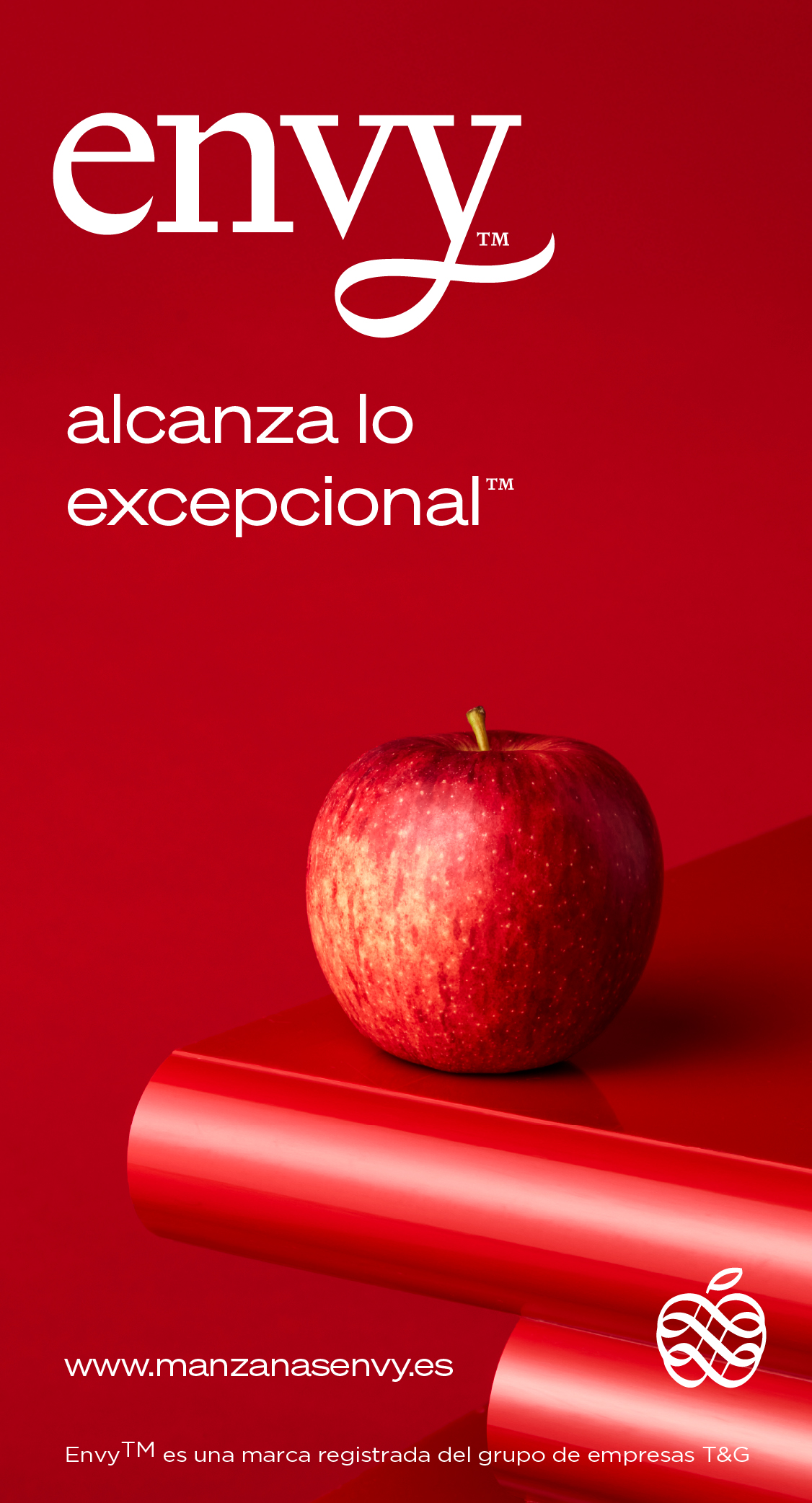Santiago Pérez, founder of Intersemillas, highlighted the company’s 40-year history dedicated to the development, production, and marketing of vegetable seeds. The visit took place at the research centre in Quart de Poblet, although its main headquarters are in Loriguilla (Valencia).
This centre, founded in 2012, features state-of-the-art greenhouses, biotechnology laboratories, facilities for plant pathology and phenotypic characterisation of varieties, seed quality control, as well as infrastructure for cleaning, treating, and inspecting seeds.
Investment in R+D+I
Intersemillas makes a constant investment in R&D&I. In 2024, it allocated approximately 15% of its sales to internal research, development, and improvement.
As emphasised by Pablo Pérez, Breeder Chief Executive Officer, “the main objective is to obtain hybrids with high genetic purity, disease resistance, good agronomic performance, and excellent organoleptic quality.”
At present, they are conducting breeding programmes in melon, watermelon, cucumber, pepper, and medicinal cannabis—with a research licence approved by AEMPS (Spanish Agency of Medicines and Medical Devices)—supported by biotechnological tools.
They also conduct field trials, validate varieties through molecular markers, carry out plant pathology analysis, and implement seed health control measures.
RELATED NEWS: INTERSEMILLAS Universe: “Cultivating the Future” at Fruit Attraction
To achieve this, the company invests in laboratory technology, growth chambers, seed storage rooms, automation, seed treatment, and specialised software, with a cross-cutting innovation approach.
International projection
Intersemillas is strongly committed to internationalisation as a key part of its growth strategy. It currently markets its seeds in over 30 countries, with a strong presence in the Mediterranean region of Europe, North Africa, the Middle East, and Latin America.
“We have an international department that coordinates trials adapted to the climate conditions of these countries and provides technical-commercial support to our distributors and customers abroad,” said Pablo Pérez.
The future
Santiago Pérez stressed how important it is for him, as a Valencian, to keep the company rooted in the region. “We currently have a staff of 50 people, with a multidisciplinary structure that includes researchers, technicians, agricultural staff, lab personnel, administration, and sales.”
The DANA storm of 29 October last year affected this research centre. Intersemillas is still recovering some of its greenhouses. “We now have a more efficient, next-generation irrigation system, as the previous one was destroyed by the flooding,” explained Pablo Pérez.
Intersemillas reaffirms its commitment to agriculture based on knowledge, innovation, and sustainability. For this reason, it develops varieties adapted to climate change, resistant to pests and diseases, with higher yield and quality, “ensuring the availability of healthy and safe food for future generations.”



















